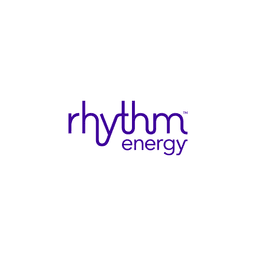Federal solar tax credit? Yes, please.
Federal tax credits are a big part of why so many families have chosen to go solar since 2006. When they were first introduced, taxpayers could get back a percentage of their installation costs through tax credits. It helped boost the solar economy by encouraging many to take the plunge into solar energy and incentivized people to go solar. This provided the industry with the necessary resources to lower installation costs. Side note: The planet? Probably the biggest fan of this incentive.
The Inflation Reduction Act (IRA) means business.
The IRA is an industry disruptor across the nation. The act includes a dazzling $369 billion in federal incentives that enhance our national energy security and global warming programs. It’s the largest such act ever. It includes an Investment Tax Credit of 30%, which allows businesses to sell their panels and services more affordably. For the consumer, it includes the Production Tax Credit, which gives you credit for electricity produced and sold from your solar panels. You can even get a rebate for using locally-made solar panels. A true game-changer, and Mother Nature loves it.
But wait! There’s more...
Solar Renewable Energy Certificate (SREC)
Solar renewable energy certificates, or SRECs, are an additional solar incentive that you can earn by producing renewable energy with your solar panels. You can earn certificates or credits for every 1,000 kilowatt-hours of energy that your solar panels provide. The cost of SRECs will vary by location, but sometimes they can be worth hundreds of dollars.
Homeowners with rooftop solar systems can earn significant amounts of money selling their excess solar energy. However, this incentive is not available in every state.
Performance-Based Incentives (PBI)
As the name suggests, performance-based incentives (PBI's) give you money or credits for electricity generated by your solar system. Credits are determined per kilowatt-hour, but your system needs to be connected to a meter that measures the energy output. Monthly payments are received according to how your contract is designed.
Solar Rebates
Many utility companies, municipalities, or state organizations may offer solar rebates in addition to federal incentives. These are given upfront and can help decrease the initial cost of your solar system. How much you receive depends on the agreement and is often determined by the size of the solar system installed.
All of these perks differ—and there may be even more—depending on where you live. So we encourage you to see, specifically, which benefits and incentives are available in your area. And we can help.
Solar can seem taxing, but we’ll help prove it’s a bright idea.




